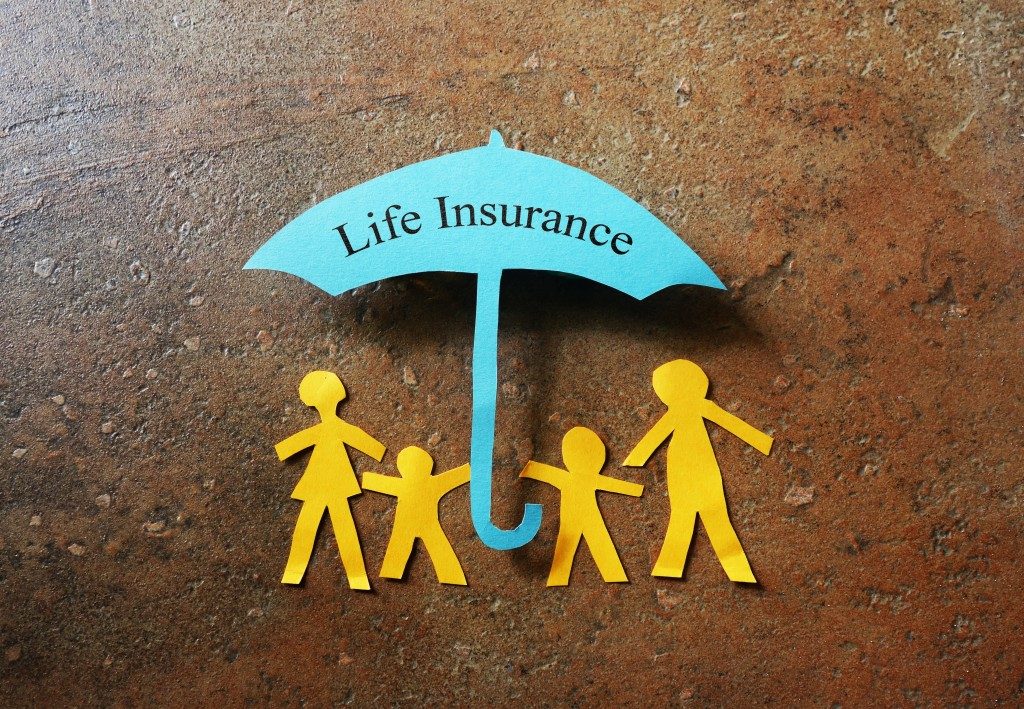While it’s true that you don’t have control over taxes and death, you can prepare for these things—to some degree that is. For starters, when planning for your end-of-life, you should preferably have the right type of life insurance policy in place. This way, you and your family will have the protection you need. One common and most used life insurance plan is whole life insurance.
How Does Whole Life Insurance Work?
Basically, as the insurer pays the insurance premiums, the whole life insurance plan builds up cash value that the insurer could borrow against or take out later on. This cash value will increase with a tax-deferred interest. Likewise, when compared to other kinds of permanent life insurance plans like variable or universal life, the return rate with a whole life plan is usually lower. A whole life plan will likewise remain in effect until your death so you won’t need to renew it as you would a term life policy. In addition, even if your health status changes, your coverage won’t be affected. This means that your premiums won’t increase even if you fall ill in the future.
Advantages of a Whole Life Insurance Policy

One of the most significant benefits of having a whole life insurance plan is the predictability it offers. Because you have permanent life insurance coverage, your beneficiaries in Sandy will still be protected as long as you’re living. You’re likewise guaranteed to accumulate cash value for the life of the policy, even if dividends aren’t guaranteed. Additionally, since market performance doesn’t dictate your returns, you won’t experience major fluctuations on your returns.
Borrowing Against Your Whole Life Insurance Plan
Provided that you have accumulated adequate cash value, you won’t need to undergo credit checks and meet income requirements if you want to borrow against your insurance plan. You might also be given a low interest rate. You could even choose to add the interest to your loan or pay it out-of-pocket or apply gains or dividends from your policy if applicable. You can likewise choose to not repay the loan and just deduct the payment from your death benefit when you pass away.
Tax Matters and Whole Life Insurance Plans
Similar to other kinds of life insurance plans, your beneficiaries won’t need to pay taxes on the death benefits from your whole life insurance plan. You won’t need to pay taxes on your loan proceeds and earnings from your cash value. On the other hand, if you withdraw money from the cash value instead of borrowing against it, then you’ll need to pay taxes on dividends or gains you receive.
There are various reasons to opt for whole life insurance instead of other kinds of permanent life insurance. This is why it’s immensely important that you shop around and compare rates and quotes to determine which one will best suit your needs. Put simply, your choice should be dependent on how much risk you can comfortably take on and how a whole life insurance plan will fit in your overall financial picture.
